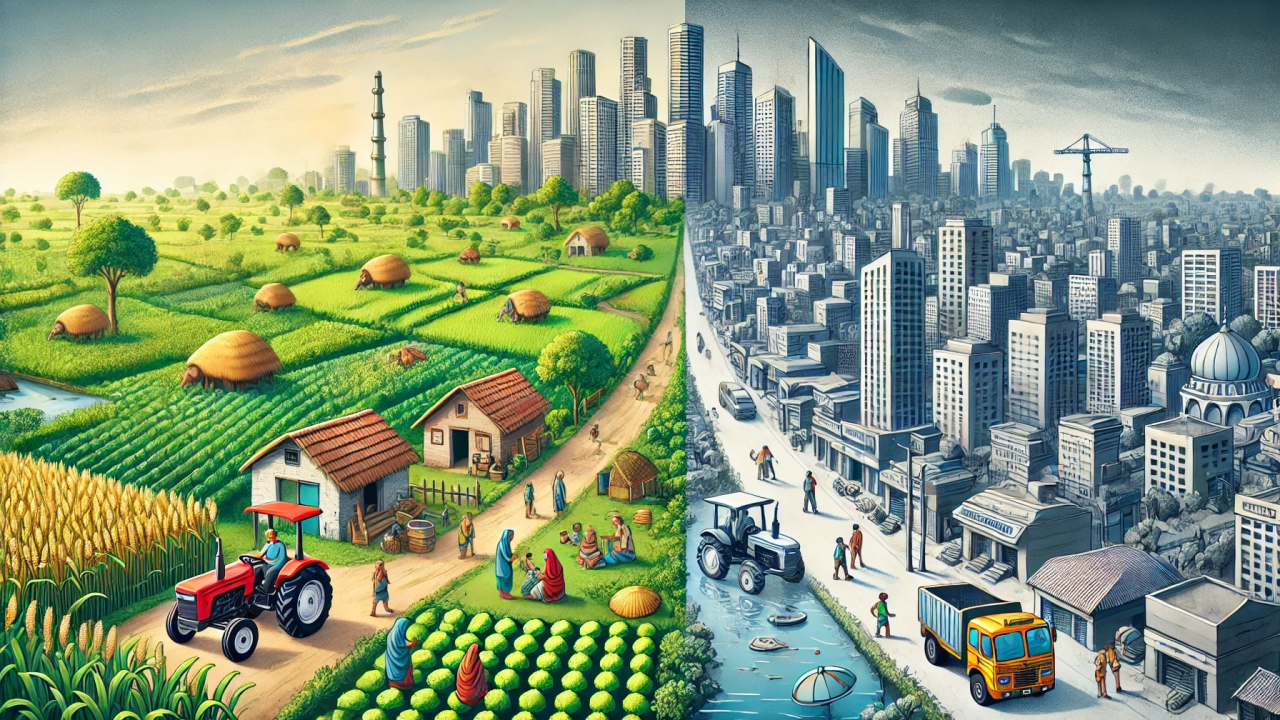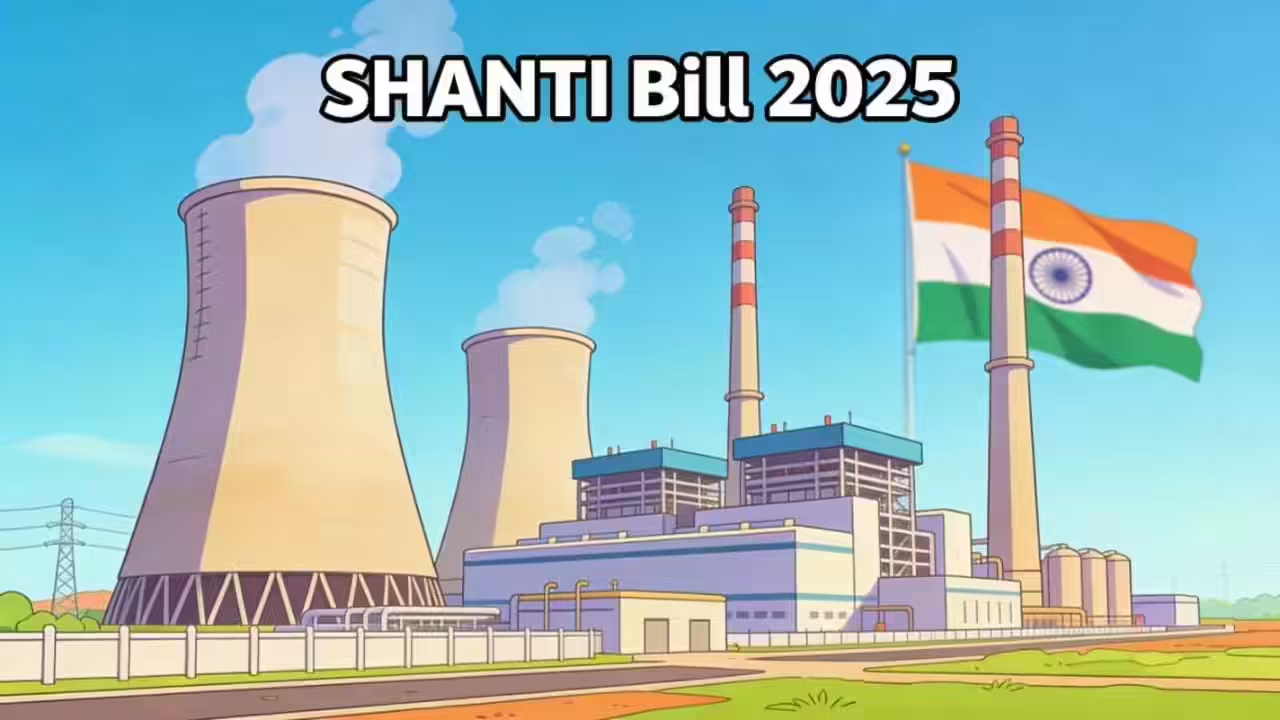Font size:
Print
‘Intelligent Age’: Accelerating SDG progress
Context:
Only 17% of the 169 targets of the 17 Sustainable Development Goals (SDGs) are on track, with progress hindered by post-pandemic economic difficulties, geopolitical tensions, and minimal global productivity growth, highlighting the urgent need for dramatic acceleration.

Introduction to the Intelligent Age
-
Definition: The Intelligent Age is characterised by rapid technological advancements, including AI, robotics, and quantum computing.
-
Impact: This era promises profound changes in socioeconomic structures, surpassing previous industrial revolutions in speed and scope.
Opportunities Presented by the Intelligent Age
- Digital Economy Growth: The value of digitally delivered services has grown over 8% annually, accounting for over 15.5% of global GDP.
- Green Technologies: Investments in renewable technologies like solar power have led to advancements and cost reductions, fostering energy deployment.
- AI Potential: AI could contribute $2.6-4.4 trillion annually to the global economy, improving resource management, financial inclusion, and education access.
Embracing Innovation and Inclusion
- Open Innovation: Ensuring equitable access to technology can empower emerging economies and promote sustainable growth.
- Collaborative Efforts: Addressing SDG challenges requires cooperation among various stakeholders, highlighted by the World Economic Forum’s initiatives.
The Role of AI and Automation
- Industry Disruption: AI is transforming healthcare, agriculture, manufacturing, and finance, leading to efficiency and innovation.
- Job Displacement: While creating new opportunities, automation risks displacing millions of workers, necessitating supportive policies and education.
Social, Geopolitical, Technological, and Environmental Intelligence
- Environmental Concerns: Balancing technological advancement with environmental sustainability is critical.
- Societal Impact: The design and implementation of technologies must prioritise fairness and inclusion to avoid exacerbating inequalities.
Global Cooperation and Governance
- International Frameworks: Establishing global regulations for AI and emerging technologies is essential for equitable development.
- Navigating Geopolitical Challenges: Understanding the intersection of technology and global power dynamics is necessary for fostering collaboration.
India’s Role in the Intelligent Age
- Economic Position: India has emerged as the fifth-largest global economy, showcasing resilience amidst global challenges.
- Digital Public Infrastructure (DPI): Rapid advancements in DPI reflect India’s leadership in digital innovation.
- Investment in Technology: Initiatives like the National Quantum Mission and Semiconductor Mission are crucial for sustaining growth.
Strategic Advantages
- Data-Driven Innovation: India’s vast population generates significant data, offering immense opportunities for economic advancement and global leadership in data governance.
- Entrepreneurial Ecosystem: India’s robust start-up environment, with numerous unicorns, fosters innovation and growth.
Leapfrogging Potential
- R&D Investment: India’s R&D spending is below the global average; increased investment is needed to compete in advanced technologies.
- Talent Development: Education systems must adapt to include emerging technologies, preparing the workforce for future demands.
Technology as a Catalyst for Progress
- Inclusive Development: India’s governance has effectively addressed poverty and service delivery through technological advancements.
- Global Leadership: India’s advocacy for technology as a bridge to shared human progress underscores its commitment to equitable development.
Conclusion
- Vision for the Future: The Intelligent Age presents both opportunities and risks; collective action is required to harness its potential for global benefit.
- Role of Collaboration: The World Economic Forum aims to partner with India in realising the vision of an equitable, sustainable, and prosperous future for all.


